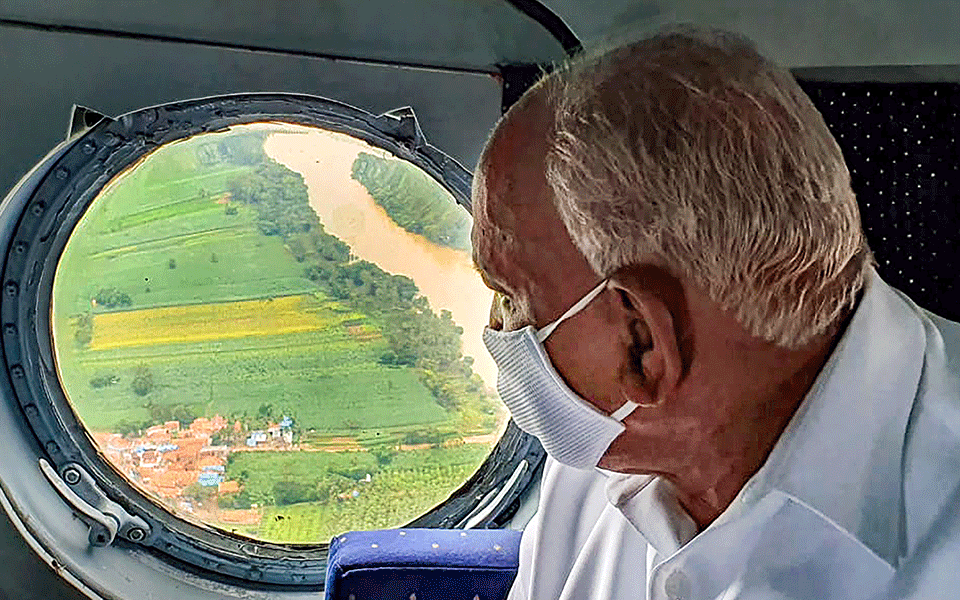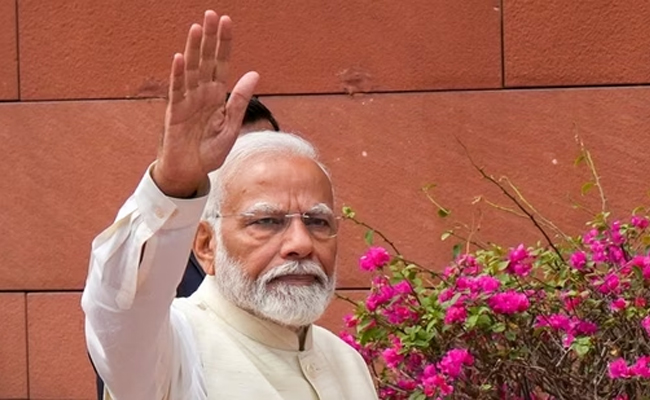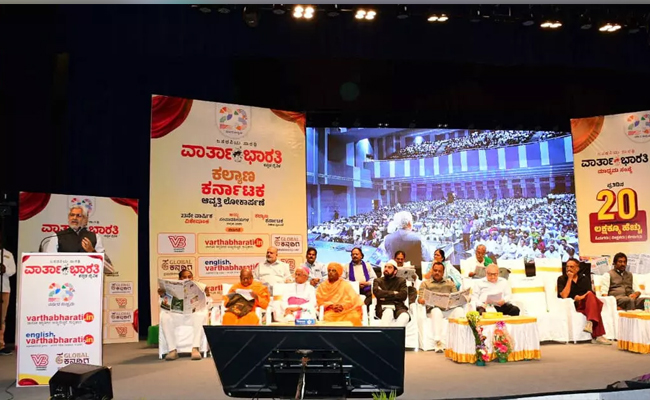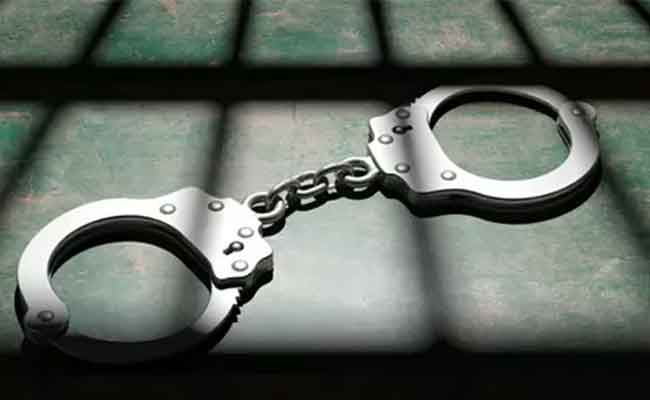Bengaluru, July 2: Rejecting Congress's charge that the BJP was behind the resignation of its two MLAs, saffron party's Karnataka unit chief B S Yeddyurappa Tuesday said it was a ploy to hide "differences" within the ruling party.
A day after the two MLAs sent in their resignations, giving a jolt to the wobbly JD(S)-Congress government, Yeddyurappa also said the BJP have no plans yet to move a no-confidence motion in the Monsoon Session of the state assembly commencing July 12.
"We never said we will carry out any 'operation' against the Congress or the JD(S). We had said some disgruntled (MLAs) may come out," he told reporters here.
He accused state Congress chief Dinesh Gundu Rao of trying to divert attention from the differences among his party leaders by seeking to blame the BJP for the resignations.
On Congress leaders threatening a "reverse operation" against the BJP, he said they had been saying this for the last three months and dared them to carry it out.
"Let them do it...have we said don't do it? They have been saying this for the last three months, none of us will move. We are all together, 105 BJP MLAs are united," Yeddyurappa said.
Congress MLAs Anand Singh and Ramesh Jarkiholi sent their resignations to the assembly speaker Monday, dealing a blow to the 13-month old H D Kumaraswamy government, which has been battling dissidence.
Rao had accused the BJP of misusing power and using central agencies to "pressure and blackmail" MLAs in a bid to destabilise the government.
He had said Congress too had the ability to conduct a "reverse operation" but had not done it.
"We will not sit silently. If they are involved in such a thing, we also have the opportunity to hit back. We are quite because we don't want that kind of politics. If they continue, we will respond in the way we want," Rao had said.
Replying to a question, Yeddyurappa denied being in contact with any disgruntled legislators of the Congress or the JD(S).
There is apprehension in the ruling coalition that a few more MLAs, suspected to be in touch with the BJP, may resign.
Asked whether the BJP had a plan to move a no confidence motion against the government in the state assembly, Yeddyurappa there was no such plan yet.
"There is no question of it. Our legislature party is yet to meet. Based on the political situation we will take a decision," he said.
Reacting to the developments, Yeddyurappa had Monday said they only proved there was "large scale unease" in the ruling coalition and the government would collapse under its own weight.
He had also said the BJP would explore constitutional provisions to form a new government in case the Kumaraswamy dispensation falls.
The resignations of the MLAs came at a time when Kumaraswamy was away in the US on a private visit, shocking the Congress whose leaders held a meeting Monday to take stock of the situation.
Anand Singh, a former BJP member who joined the Congress ahead of the assembly elections last year, said he decided to resign over his demands, including creation of a separate Vijayanagar district and cancellation of the nod for sale of 3,667 acres of land to JSW Steel in mine-rich Ballari district.
Let the Truth be known. If you read VB and like VB, please be a VB Supporter and Help us deliver the Truth to one and all.
Kolkata (PTI): Prime Minister Narendra Modi’s helicopter failed to land at the Taherpur helipad in West Bengal owing to low visibility on account of dense fog in the area on Saturday, an official said.
The PM’s chopper made a U-turn after hovering over the helipad ground for a while and returned to the Kolkata airport, he said.
Till reports last received, the Prime Minister was waiting at the airport for further updates on the weather situation.
It wasn’t immediately clear if Modi would reach the rally venue district by road or whether he would wait for the weather to clear up and make another attempt to reach Taherpur by the aerial route, the official said.
Earlier in the day, the Prime Minister reached Kolkata at around 10.40 am and took a chopper onward to Taherpur in Nadia district, where he is scheduled to hold an administrative programme to launch highway projects in West Bengal, followed by a political rally of the BJP, titled Parivartan Sankalpa Sabha, which he is supposed to address.





